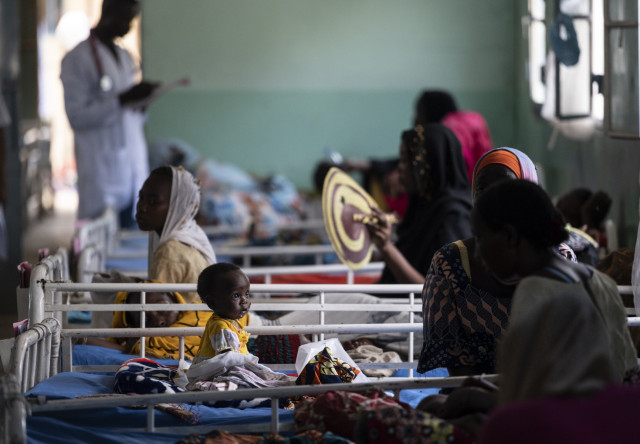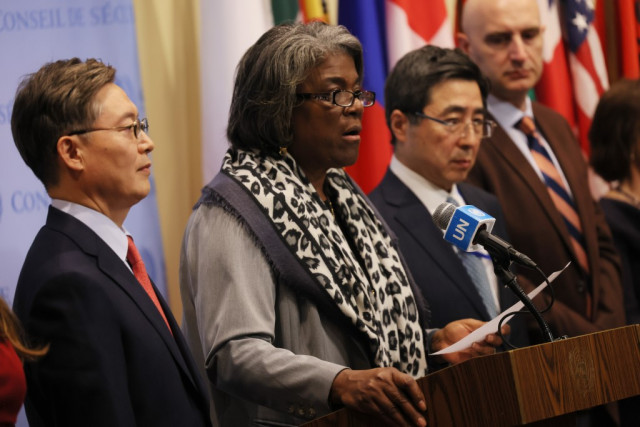UN humanitarian appeals facing record shortfall

- By Agence France-Presse (AFP)
- August 13, 2022 11:48 AM
Geneva, Switzerland | United Nations humanitarian appeals are facing a record shortfall, with rising needs rapidly outpacing donations, the UN said Friday as it warned that aid workers were facing increasing risks.
The UN's humanitarian agency OCHA said UN appeals for aid efforts worldwide now added up to $48.7 billion -- but only $15 billion has been received so far.
And humanitarian workers are facing increasingly dangerous environments as they try to deliver aid around the world.
"Global needs are at an all-time high, with a record 303 million people in crisis worldwide," OCHA spokesman Jens Laerke told reporters in Geneva.
"UN appeals aim to reach 204 million of the most vulnerable."
He said the more than $33 billion shortfall was "the largest gap we've ever had.
"However, it is also the largest amount of donor funding that has ever been committed.
"So the problem is the following: that the needs in the world are rising much, much faster than the donor funding is coming in."
Some of the individual programmes are funded at less than 20 percent.
The UN's appeals cover situations including the drought in the Horn of Africa, the war in Ukraine, Yemen, Afghanistan and Syria.
"There's an interest for the entire world to address these issues, because many of them, if they are not addressed now, they will create bigger problems in the future," said Laerke.
Around the world, armed conflict is a "very large driver of needs", followed by climate change.
"In many cases, we see a combination of both of them," he said, citing the Horn of Africa.
Next Friday is World Humanitarian Day, which will be marked with a ceremony at the UN headquarters in Geneva.
"Never before have humanitarians been called to respond to this level of need, and they're doing so in ever-more dangerous environments," said Laerke.
According to data from the NGO Humanitarian Outcomes, more than 148 humanitarian workers were killed in the line of duty last year -- the highest number since 2013.
Most of the fatalities were in small weapons and shooting incidents.
Some 203 aid workers were injured and 117 were kidnapped last year.
The most violent countries for aid workers continue to be South Sudan, followed by Afghanistan and Syria.
So far this year, 168 aid workers have been attacked, leading to 44 fatalities, according to Humanitarian Outcomes.
© Agence France-Presse















